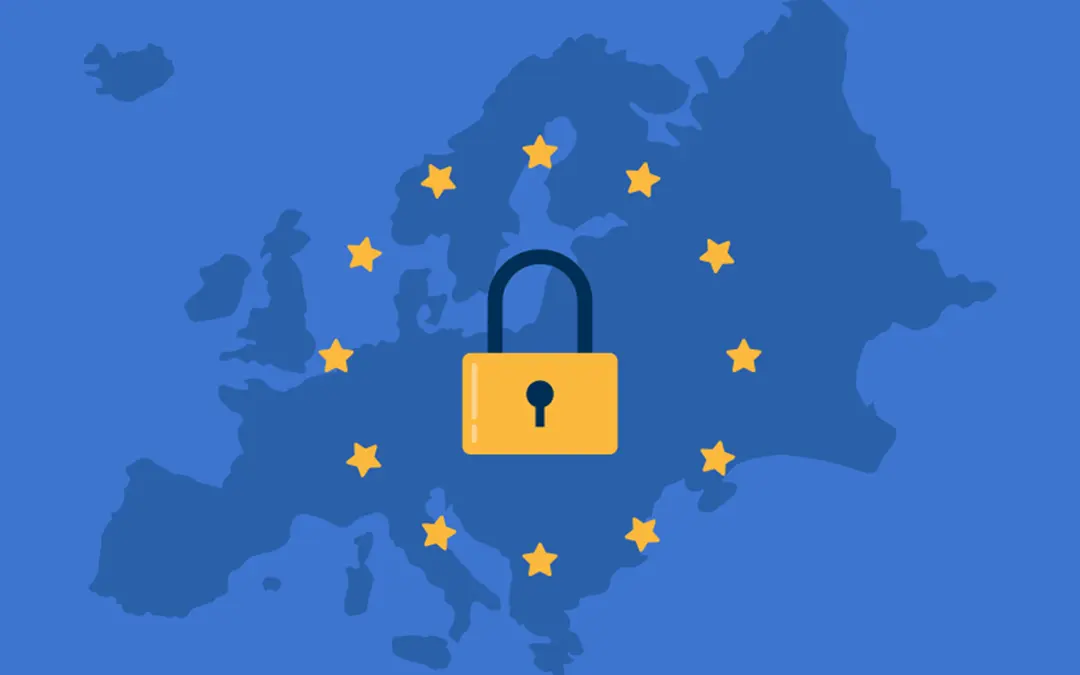Demystifying GDPR: A Comprehensive Guide to Data Protection
In an era where data is the lifeblood of countless industries, safeguarding the privacy and rights of individuals has become a global priority. The General Data Protection Regulation (GDPR) stands at the forefront of this movement, setting the gold standard for data protection and privacy. In this comprehensive guide, we’ll unravel the complexities of GDPR, exploring its principles, implications, and the steps organizations can take to ensure compliance.
Understanding GDPR: A Brief Overview
- The Genesis of GDPR:
- GDPR, implemented in May 2018, replaced the Data Protection Directive of 1995.
- Its primary aim is to empower individuals and give them greater control over their personal data.
- Who Does GDPR Apply To?
- GDPR applies to organizations operating within the EU and those outside the EU that process the data of EU citizens.
- It encompasses businesses, government agencies, and nonprofits, irrespective of size.
Key Principles of GDPR
- Lawfulness, Fairness, and Transparency:
- Organizations must process personal data lawfully, ensuring transparency and fairness in their practices.
- Purpose Limitation:
- Data collection should have a specific, legitimate purpose, and data should not be used for anything incompatible with that purpose.
- Data Minimization:
- Collect only the data necessary for the intended purpose. Avoid excessive data collection.
- Accuracy:
- Ensure the accuracy of collected data and take steps to rectify inaccuracies promptly.
- Storage Limitation:
- Personal data should be stored only for as long as necessary for the purpose for which it was collected.
- Integrity and Confidentiality:
- Implement security measures to protect personal data from unauthorized access, alteration, or disclosure.
- Accountability:
- Organizations must be able to demonstrate compliance with GDPR principles. This includes maintaining detailed records of data processing activities.
Individual Rights Under GDPR
- Right to Access:
- Individuals can request confirmation of whether their data is being processed and access to that data.
- Right to Erasure (Right to be Forgotten):
- Individuals can request the deletion of their personal data under certain conditions.
- Right to Rectification:
- Individuals can request corrections to inaccurate or incomplete personal data.
- Right to Portability:
- Individuals can request a copy of their personal data in a commonly used, machine-readable format.
- Right to Object:
- Individuals can object to the processing of their data in certain situations.
Steps Towards GDPR Compliance
- Data Mapping and Classification:
- Understand what data you collect, where it resides, and why you need it.
- Data Protection Impact Assessments (DPIAs):
- Conduct DPIAs for high-risk processing activities to identify and mitigate potential privacy risks.
- Privacy by Design and Default:
- Integrate data protection measures into the design and default settings of your systems and processes.
- Data Protection Officer (DPO):
- Appoint a Data Protection Officer if your organization’s core activities involve regular and systematic monitoring of individuals on a large scale or processing of sensitive data.
- Consent Management:
- Obtain clear and unambiguous consent before processing personal data. Individuals should have the option to withdraw consent at any time.
- Robust Security Measures:
- Implement security measures such as encryption, access controls, and regular security audits to protect personal data.
- Data Breach Response Plan:
- Develop and implement a robust plan for responding to data breaches, including notifying relevant authorities and affected individuals.
The Global Impact of GDPR
GDPR’s influence extends beyond the borders of the European Union. Many countries have implemented or are in the process of implementing similar data protection laws inspired by GDPR. As individuals become more aware of their rights and organizations face increasing scrutiny, a global shift toward responsible and ethical data management is underway.
The Future of Data Protection
GDPR represents a paradigm shift in the way organizations handle personal data. It’s not just about compliance; it’s about respecting individuals’ rights and fostering a culture of transparency and accountability. As technology evolves, so too will the landscape of data protection, with GDPR serving as a beacon for a future where privacy is a fundamental right rather than a mere legal requirement.
In conclusion, GDPR is not just a set of regulations; it’s a commitment to respecting the privacy and rights of individuals. Organizations that embrace the principles of GDPR not only comply with the law but also contribute to a global culture of responsible and ethical data management. As we navigate the digital age, let GDPR be our guide to a future where data is a force for good, used responsibly and ethically to benefit individuals and society as a whole.

